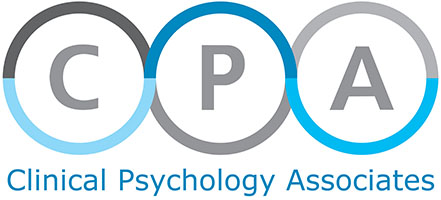“If unresolved anger is a toxin to the spirit, forgiveness is the antidote”, wroteBrian Luke Seaward in his book, Stand Like Mountain, Flow Like Water: Reflectionson Stress and Human Spirituality.
When people get hurt, they often react with resentment, anger, rage, even hatred.While some of these feelings may be appropriate responses, holding on to them cancause emotional pain and stress. Nurturing old wounds and resentments is like tendingweeds in a garden. The more care you give them, the more they take over until there’sno room for the feelings that can nourish you.
Forgiveness doesn’t mean condoning inappropriate behavior and excusing personal violations. It doesn’t mean giving up or hiding or denying what was done. To forgivesomeone of something doesn’t necessarily mean turning the other cheek so that youcan be hurt again. To forgive doesn’t mean you forget that you were harmed. Or thatyou felt the way you did as a result.
What it does mean is letting go of the feelings of anger or resentment, so that you can get on with your life. Forgiving is a process-sometimes slow-that heals wounds and returns our power to us. So long as we hold onto old feelings, we givecontrol of our lives over to those who have hurt us. Forgiveness sets us free.
Ways to Forgive
It’s not as though you can simply decide to forgive someone and it is done. Forgivingis an active process. To get from here to there is a journey to be traveled. But you don’t have to take it alone. Don’t be afraid to ask for help along the way.
* Acknowledge all the feelings. Though anger and resentment might be on top, beneathmay lie feelings of hurt, betrayal, loss and grief. Uncovering these more tender emotions may be painful, but, like curves in the road, it is part of the journeyto be traveled.
* Stop blaming. So long as you hold someone else responsible for your feelings orcircumstances, you don’t own your own life. You stop blaming by accepting total responsibility for your life.
* Release the desire for revenge. The wish to inflict suffering or pain on the personwho hurt us keeps us in a place of suffering and pain. We cannot experience the freedom of forgiveness until we are willing to move away from the need to punish.
* Learn to accept. It’s virtually impossible to stop judging; however, the fewer negative judgments we make, the easier it is to accept. And, according to authorWayne Dyer, “Acceptance is forgiveness in action.” Think of how useless negative judgments are: does it affect the weather because we say it’s awful? Imagine complainingto God about the quality of a sunset. Judgments say very little about the judged,but communicate lots about the one who is doing the judging.
* Decide to confront or not. Talking with the person who has harmed you may or maynot be the best action to take. Professional counseling can help you in making thisdecision.
* Let go. Only through releasing all feelings of anger, resentment, or animosity can forgiveness be unconditional. “Sweet forgiveness cannot hold any taste of bitterness,”says Brian Luke Seaward. “When feelings of anger are released, the spirit once heldcaptive by the encumbrance of anger is free to journey again.”
Self-forgiveness
Forgiveness is not just an outward expression toward others. Turning the open handof forgiveness inward is one of the greatest gifts we can give ourselves. When weforgive ourselves we acknowledge our human limitations, release ourselves from ourown judgments and practice self-acceptance. These actions are essential for a lifeof freedom and joy.
Through action or inaction, out of fear, pain or confusion, we may harm ourselvesor others. But when we say, “I’ll never forgive myself,” we sentence ourselves toa life of guilt and shame.
Practice self-forgiveness through:
* accepting yourself rather than judging yourself
* honoring yourself rather than blaming yourself
* nurturing yourself rather than criticizing yourself
* releasing the past rather than holding onto it
Forgiveness, even self-forgiveness cannot be forced. And it may not come easily. Like many other skills we must learn, self-forgiveness takes practice. If you areunable to immediately release the past and move on, be forgiving of yourself and continue the practice.
Author’s content used under license, © 2009 Claire Communications
